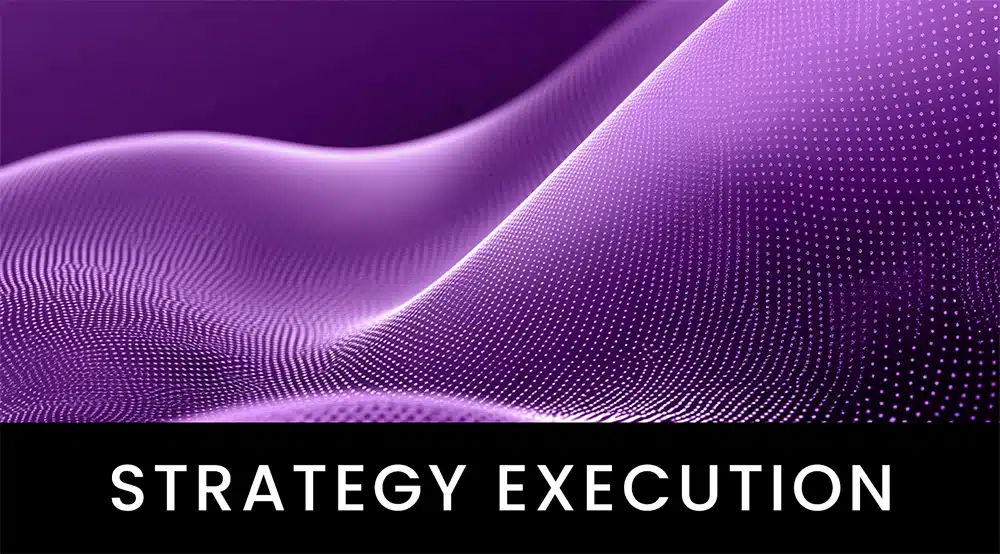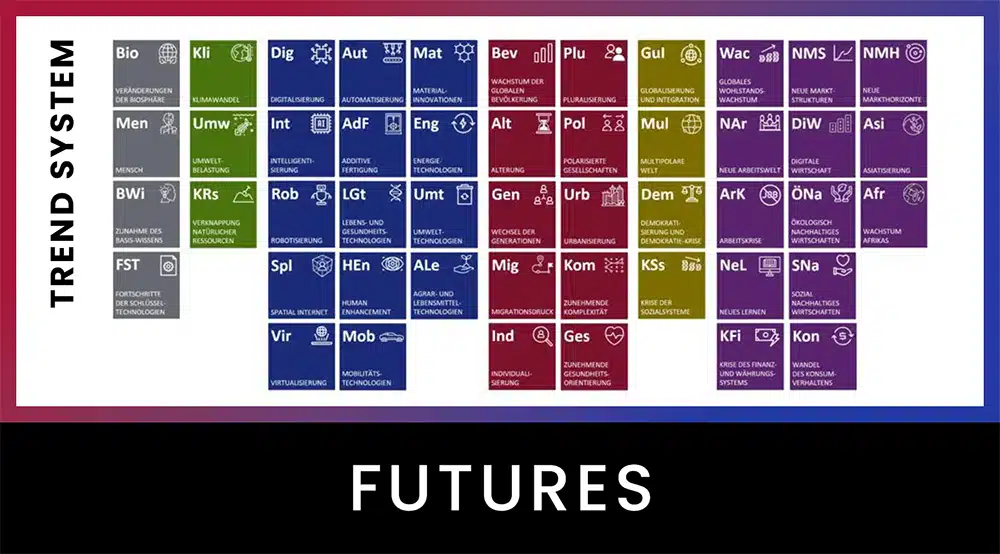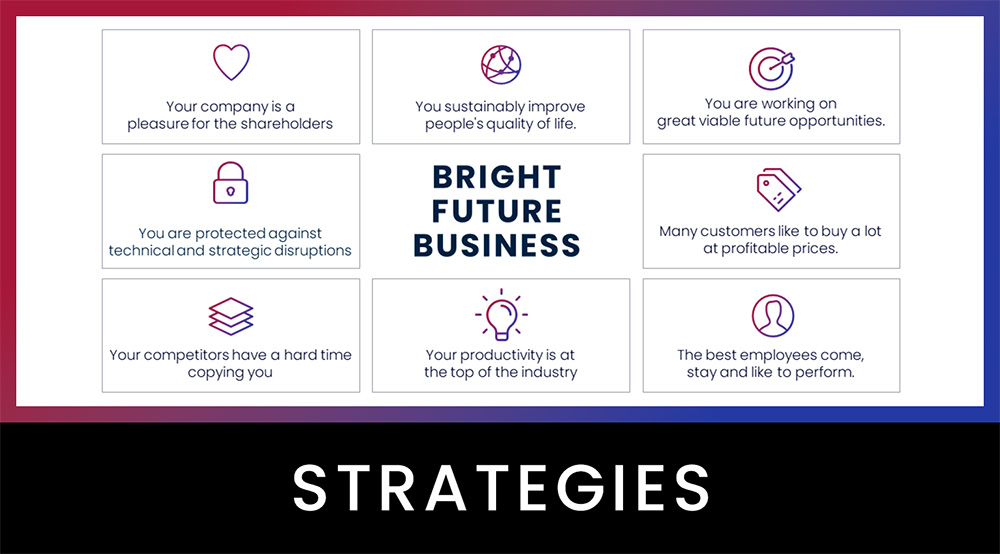Martin Ruesch

Board member
Martin Ruesch (pronounced Ruusch) is a member of the Management Board of FutureManagementGroup AG. He leads future projects and workshops and gives lectures and seminars on future management in companies, administrations and universities. His focus is on consulting and coaching executives and specifically on a balanced combination of intuitive and methodical approaches to dealing with the future.
After studying economics, he first pursued a sales career at IBM, then successfully built up innovative companies: from PC trading and knowledge technologies in Germany to a wholesale food market in Russia. Today, Martin Ruesch keeps in touch with entrepreneurship as an advisory and supervisory board member in young companies.
Professional background
- Sales career at IBM
- Successful development of innovative companies in Germany and Russia
- Advisory board functions in some start-ups
- Study of economics
- Co-founder of FutureManagementGroup AG
Tasks in the FMG
- Consulting and support for project managers
- Management of strategy and future projects as well as workshops
- Lectures and seminars on vision and strategy in companies, administrations and universities
- Executive coaching
- Management of FMG
We all need to pull together - and preferably in the same direction.
Martin Ruesch
as speaker
As an expert on the future of information and communication, Martin Ruesch gives lectures in his specialist field.
Future markets
- The increasingly dynamic and competitive nature of global markets poses major challenges for companies.
- The future market opportunities arising in the market environment must be known and evaluated so that the promising ones underneath can be systematically developed and thus compensate for markets that are disappearing.
- The presentation shows the audience which methods and techniques they can use to identify future markets analytically and creatively. Relevant trends, topics and technologies of the future form the basis on which the speaker exemplifies future markets for your industry.
- Technologies that are already ready for the market but are only known to specialists?
- Trends and issues that are way ahead of us in other countries.
- Dynamics and complexity as a megatrend – and what that means
- Societal challenges from new
- New thinking and learning
- How powerful trends and amazing technologies are changing our lives
- Which trends and technologies are seriously changing our lives?
- How do they affect your industry?
- What threats and opportunities do mega trends hold?
- What can you do with the forecasts of futurologists, how do you distinguish the irrelevant from the vital?
- How can you “leverage” mega trends?
- How to learn from the future to take the right path today?
What remains? What’s next? What do young people need to be prepared for?
- Examples of new things that will change lives. Whether in ten or twenty years is hardly relevant.
- Increasing complexity and growing dynamism are creating new challenges for the world of life and work, and thus for today’s youth.
- Recognize learning, cooperation, dealing with uncertainty as the challenge and opportunity.
- Requirements increase: From knowledge to ability, via wanting to do to doing!
Future Management
What should your strategy focus on?
- Too much flexibility would be zig-zag control; not very efficient. Too little flexibility would be stubborn course keeping; not the right thing either.
- Correct foresight would be a nice solution, unfortunately it is never sure which foresight is “correct”.
- How can strategy be designed to be stable AND flexible?
- What is the role of the vision or shared goal statement of the leadership team?
- How can leadership succeed without zig-zags, without stubbornness and without forecasts? With future competence!
- What does a manager need to manage the future in this sense?
- Too much flexibility would be zig-zag control; not very efficient. Too little flexibility would be stubborn course keeping; not the right thing either.
- Correct foresight would be a nice solution, unfortunately it is never sure which foresight is “correct”.
- How can strategy be designed to be stable AND flexible?
- What is the role of the vision or shared goal statement of the leadership team?
- How can leadership succeed without zig-zags, without stubbornness and without forecasts? With future competence!
- What does a manager need to manage the future in this sense?
- Too much flexibility would be zig-zag control; not very efficient. Too little flexibility would be stubborn course keeping; not the right thing either.
- Correct foresight would be a nice solution, unfortunately it is never sure which foresight is “correct”.
- How can strategy be designed to be stable AND flexible?
- What is the role of the vision or shared goal statement of the leadership team?
- How can leadership succeed without zig-zags, without stubbornness and without forecasts? With future competence!
- What does a manager need to manage the future in this sense?
How do you recognize the right path to the future?
- What role do intuition and ratio play in methodical future management?
- How can one deal rationally and methodically with the fuzzy phenomenon of the future? Where are the limits of the rational or methodical?
- What is intuition? How is it distinguished from ratio? What are the benefits of intuition? What are disadvantages or weaknesses of intuition and how can intuition nevertheless be used rationally and methodically?
- What are the pitfalls of intuition and ratio when dealing with the future?
- Is the head the fool of the heart? Or vice versa? What should you be steered by in which problem area?
- What role do intuition and ratio play in methodical future management?
- How can one deal rationally and methodically with the fuzzy phenomenon of the future? Where are the limits of the rational or methodical?
- What is intuition? How is it distinguished from ratio? What are the benefits of intuition? What are disadvantages or weaknesses of intuition and how can intuition nevertheless be used rationally and methodically?
- What are the pitfalls of intuition and ratio when dealing with the future?
- Is the head the fool of the heart? Or vice versa? What should you be steered by in which problem area?
How well is your company preparing for the future?
- The future is and remains uncertain. Nevertheless, you can safely deal with the future. What is required for this?
- How can you check if the organization is securely dealing with the future? What organizational measures and systems should be in place?
- What questions about the future should management be able to answer at any time? How does this control the direction of the company?
- What does an ideally organized future management system look like? Who should play which role? In which committees should we deal with long-term futures?
With target images to a future-robust strategy
- Those who have vision do not need to see a doctor but know where they are going. He can even motivate others to follow the path.
- Vision is the core of the strategy and not any social romanticism. Vision is the clear formulation of key priorities and principles. Vision therefore hardly consists of numbers but primarily of common images.
- How do you develop such a “concrete picture of a fascinating, mutually aspired to and achievable future?” In short: Not even on the side!
- How do I make the vision motivating? How do I ensure that later adjustments are not interpreted as defeats or misjudgments? How do I use it as a powerful leadership tool?
































